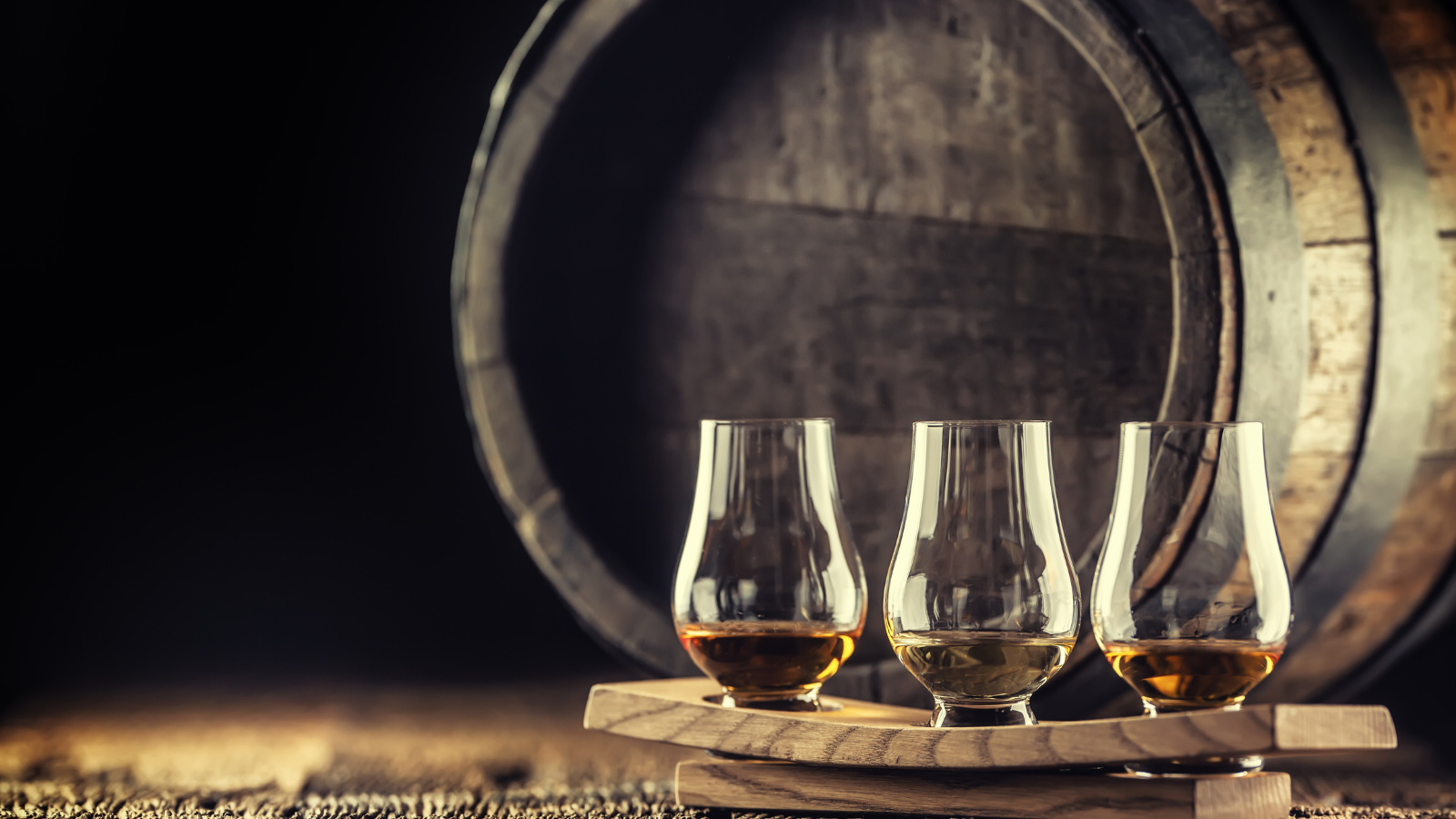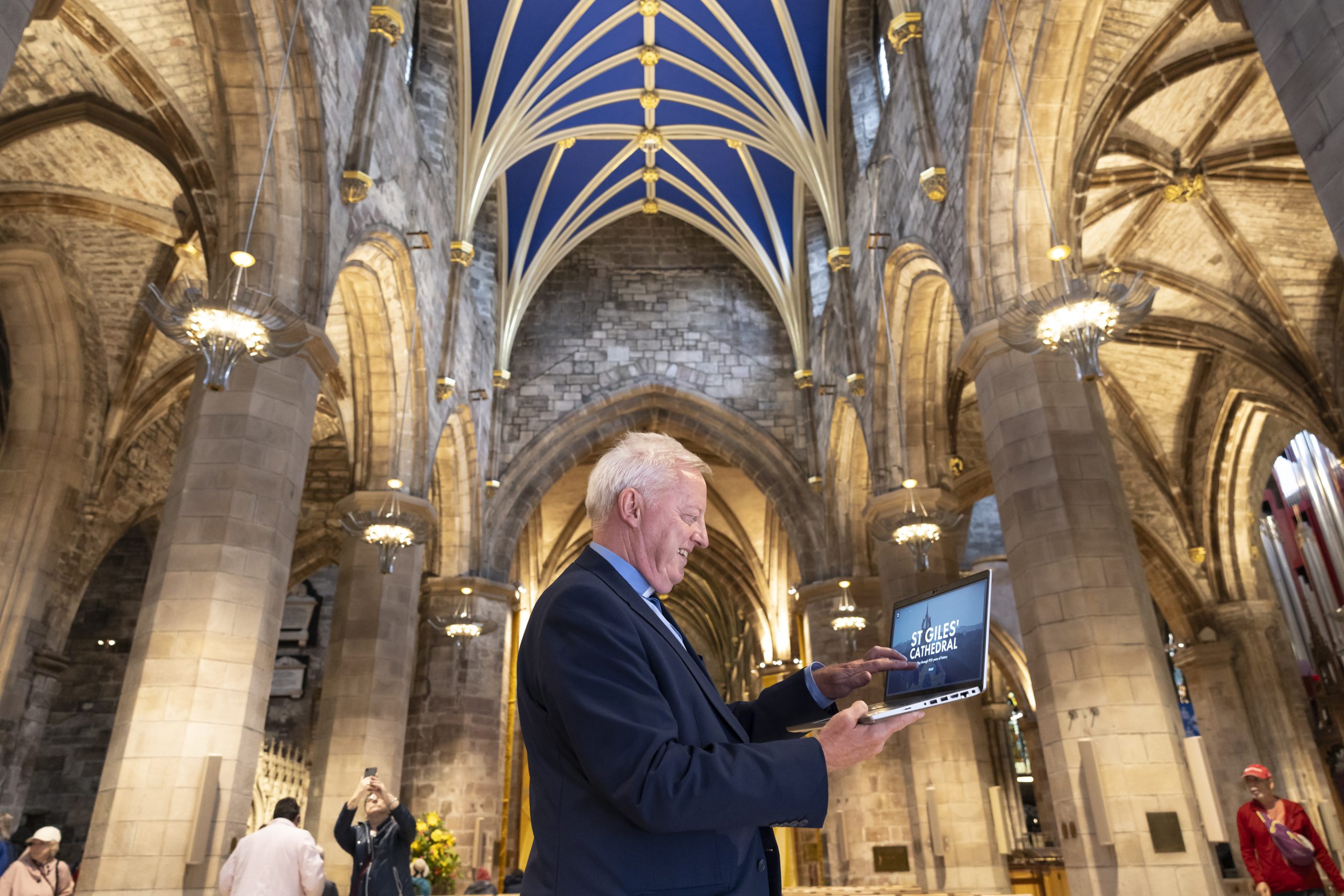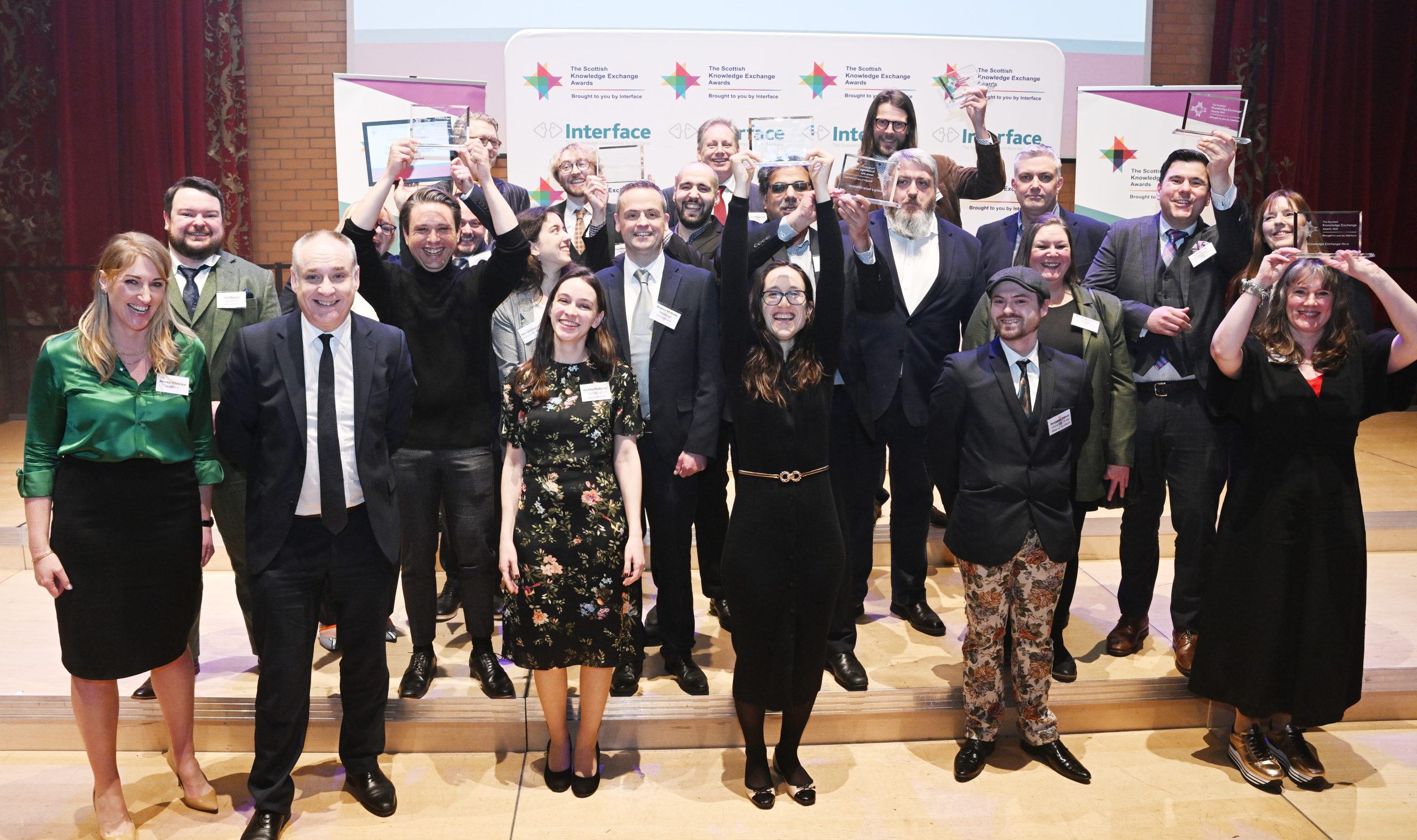Post
Cheers to World Whisky Day

The whisky industry in Scotland is an intoxicating blend of traditional methods of distilling and innovation through all facets of production.
Packaging, transport, energy use and the natural ingredients which go into the distilling process are all subject to research and development as distilleries look to improve efficiencies, reduce their impact on the environment and create exciting new products and experiences to help future-proof the industry.
For one distillery in Edinburgh, finding a prime site in Leith Docks led to the unique build of a £12m 9-storey vertical distillery. Port of Leith Distillery, which opens this summer, has capacity to produce 1million bottles of whisky annually and is expected to welcome 25,000 visitors a year.
Getting to that point has, however, taken a phenomenal amount of dedication, passion and desire to create something unique both in terms of the distillery but also the whiskies being developed. Researching flavour and ingredients started several years ago with an introduction through Interface to the International Centre for Brewing & Distilling (ICBD) at Heriot-Watt University which led to a Knowledge Transfer Partnership (KTP).
KTPs are unique 3-way collaborations which enable graduates to spend a significant length of time working in industry on specific projects bringing many benefits to the individuals, businesses and universities as knowledge exchanges between the partners.
Through the KTP, new yeast strains were identified that produced an exceptional “new make” spirit which will be taken forward in the production of single malt whisky. The KTP was a first step in developing a longer-term strategic partnership between the university and distillery which will provide on-going opportunities for student projects, employment and access to respective facilities.
The knowledge generated from the KTP has enabled Port of Leith Distillery to openly engage with other producers to share the fruits of their research with a goal of fostering more of a start-up community within the whisky industry that promotes best practice.
Meanwhile, family-owned Arbikie Distillery is aiming to be one of the world’s most sustainable distilleries. In fact, they have such strong environmental credentials that they have produced the world’s first carbon positive spirits.
The soon-to-be hydrogen-powered distillery at their Angus farm is a stone’s throw from the fields, where the raw ingredients are grown, meaning their produce has a negligible supply miles. Starting with vodka made from their own wonky potatoes in 2014, they now produce a range of award-winning whisky, gin and vodka, including pea-based spirits which have a carbon avoidance of more than 1.53kg per bottle.
They describe themselves as “craftsmen of the soil”, where the crop is king, so it was a natural progression to explore the potential of making whisky from old barley varieties. Conservation grains have been grown in the UK for millennia but have largely been replaced by higher-yield modern varieties. However, conservation barley is renowned for thriving in harsher conditions with increased resilience to drought and disease, so are better suited for the changing Scottish climate. They are also less resource intensive in the malting process, so are a win-win for growers.
Recent funding from Interface and the Scotland Food and Drink Partnership through the Food & Drink Net Zero Challenge Fund enabled the company to demonstrate the potential of making whisky from conservation barley varieties and produce a quality malt.
Collaborating with Heriot-Watt University’s International Centre for Brewing and Distilling, the project focussed on characterising the behaviour of conservation barleys on exposure to industry-typical malting regimes and sought to exploit some of the known resilience present in barley to reduce water/energy input into malt production. Within its scope, the project successfully identified conservation barley varieties that could be used to produce malt of favourable quality.
With substantial scope for further investigation, Arbikie Distillery and Heriot-Watt University are planning to continue their research in this area.
One of the more unusual uses of whisky which Interface has helped through its university connections is ZAZA & CRUZ, a natural skincare blend made using by-products of the whisky distillation process.
Working with the highly specialized and qualified team at Robert Gordon University has given the company an understanding of the extraction process for antioxidants, how to adopt a more scientific approach towards testing and incorporate ingredients into the products.
This World Whisky Day we will raise a dram to celebrate these exceptional projects and partnerships.
If you are interested in finding out how Interface can help your company through university collaboration, please contact the regional member of our team nearest you.



